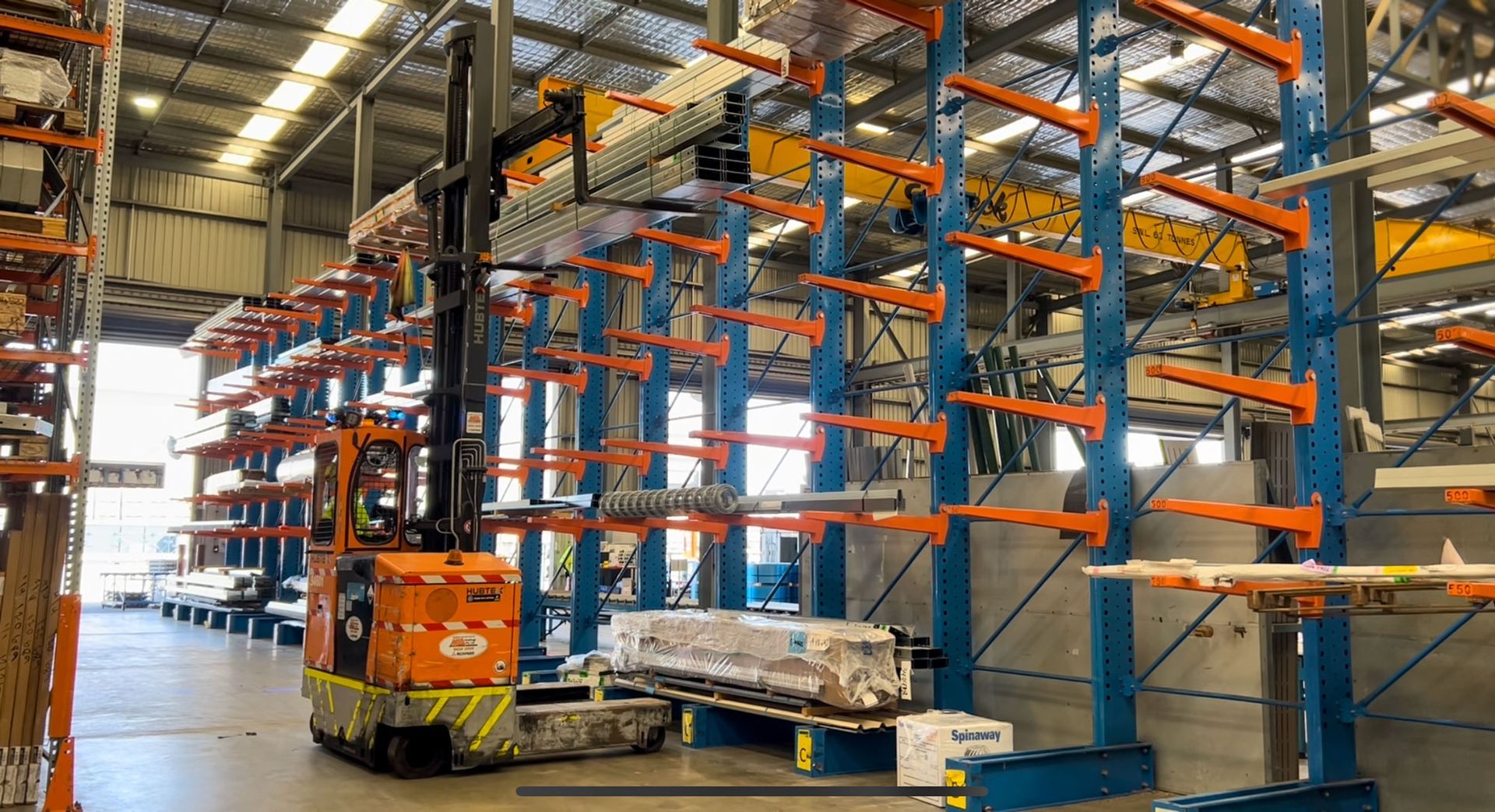Is your Business like the Entrance to a Department Store
Thankfully, ours is not! But if I had a dollar for every time I’ve heard that issue, I’d be retired!
Many business owners and managers experience what I call ‘revolving door syndrome’. Their businesses are like the entrance to a major department store…new employees coming in; ex-employees going out. If you’ve experienced this from time to time, you’ll know how costly and disruptive this is.
A lack of employee retention a complex problem with many interconnected facets, including systems, leadership, remuneration, training and communication (you communicating proactively with your team). There are several more but let's focus on the starting position, recruiting the right people.
In my 20+ years of recruiting, I would put it down to one thing – selection. Yes it's obvious but many managers and recruiters seem to overcomplicate the process or simply don’t use one except the gut feeling!
The three primary ingredients and their effectiveness in selecting the right people are:
1. Skills and experience – least effective
2. Attitude, behaviours, mindset – very effective
3. Organisational fit – extremely effective

Skills
Unless you're recruiting brain surgeons, this is fairly straightforward. But to know what skills you’re seeking, you first have to know the skills and experience required for your job.
I suggest starting with a position description that outlines responsibilities, some detail about how the person will fulfil these responsibilities and some KPIs or measures so you are able to set out expectations, i.e. 20 units produced per week, less than 1% defect rate. All the information in your PD can be used for interview questions, and constructing a job ad.
Attitude
How do you know someone has the right attitude? Depends!
Ok, you hate that answer, but it's all relative. So I suggest thinking about or writing down the sort of behaviour you’re expecting. Turning up on time is a behaviour, so it's turning up every day. Putting effort in and taking ownership of learning is also categorised as behaviour. Most things you want your people to have when they arrive on their first day and require zero skill are behaviours, it's how they think and naturally act. Can be taught and changed by some people…sometimes.
Cultural Fit
Cultural fit is the most effective selection tool, yet very few managers or recruiters spend anything like enough time assessing this selection criterion. This can be fluffy stuff and hard to quantify, but the investment in assessing and selecting an overall fit will pay dividends.
There are a ton of questions you can ask but it's important to be clear in your own mind about how things actually happen in different work situations in your business….and not necessarily what is written on a fancy picture frame in reception! If everyone there shares common traits like taking pride in their work, collaborating, or being innovative it makes sense to recruit people with similar characteristics.
Knowing how you do things makes asking a bunch of carefully cultivated and worded questions less important (candidates will give you all their practised answers anyway). What is much more valuable is the information you gather from a conversational interview. And the sort of conversation you’ll have is relaxed, and open and invites them to talk freely about their previous experience at work, what they liked, and didn’t like and drilling down into the areas that relate back to how you get work done, the environment, people, customers and so on. The same also applies to their out-of-work experiences, hobbies, family, sports, interests etc. These normally give you good information about fit also.

What if applicants are hard to find?
If you have a small applicant pool, I suggest it's never a good idea to compromise on attitude, behaviours, values or fit, commonly known as soft skills. But you can sometimes compromise on skills, competencies and ability. That’s teachable, the soft skills are usually very time-consuming and challenging to teach. But hey, you might feel good about shifting someone’s attitude for the better, and we salute you!
Summary
Time is our biggest enemy, and also our most valuable investment, so it follows that what you do with your time will dictate your return.
The best returns typically come from things that build or make your business or department better, rather than you doing stuff or working in it. Recruiting great people and building a Team is a core part of working on it. I’ve seen some amazing turnarounds because supervisors or managers have bitten the bullet and decided to commit some regular weekly time to work on their department, made a few tweaks to their recruiting effort and bingo. Obviously, the more thorough you are, the better, but implementing one or two things to improve your success rate will make a positive difference.
If you’d like to find out more or how IRP can help, feel free to call us on (08) 9477 7999 or email us hello@irp.net.au.











